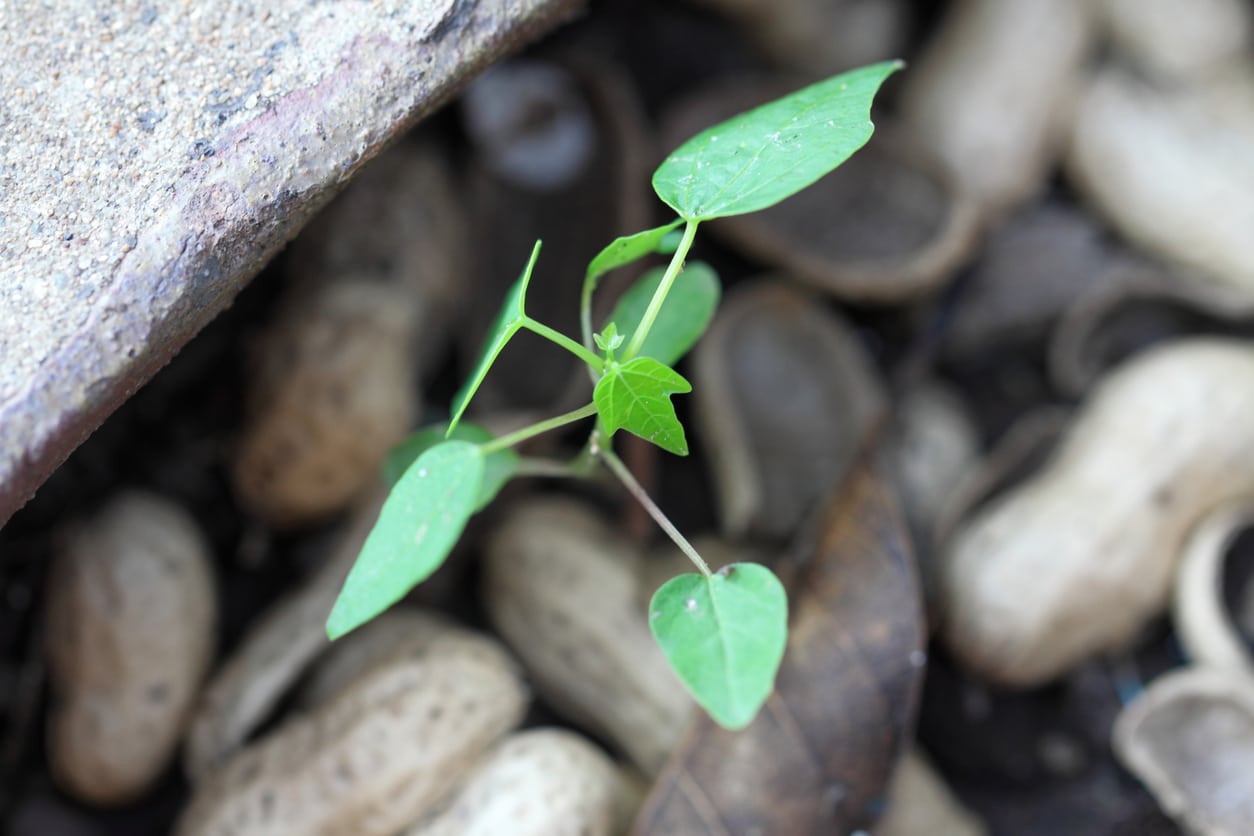My Papaya Seedlings Are Failing: What Causes Papaya Damping Off


Sign up for the Gardening Know How newsletter today and receive a free copy of our e-book "How to Grow Delicious Tomatoes".
You are now subscribed
Your newsletter sign-up was successful
When growing papaya from seed, you may come across a serious problem: your papaya seedlings are failing. They look water-soaked, then shrivel, dry, and die. This is called damping off, and it is a fungal disease that can be prevented with good cultural practices.
What Causes Papaya Damping Off?
Damping off of papaya is a fungal disease that affects the small seedlings of this fruit tree. There are several fungal species that can cause the disease, including Phytophthora parasitica, Pythium aphanidermatum, and ultimum. The youngest papaya tree seedlings are highly susceptible to infection by these species, which may be found naturally in the soil, but those that survive develop resistance as they grow older.
Signs of Papaya Damping off Problems
Once you have a seedling with noticeable signs of damping off, it will be too late for that little sprout. You will know you have it in the soil and can take steps to prevent future papaya seedling death. First, you will see water-soaked areas on the stem, especially near the soil line. Then the seedling will begin to wilt, and it will rapidly dry out and collapse.
Preventing Papaya Seedling Death
Infection by the fungal species that cause damping off of papaya seedlings is favored by warm and wet conditions. To prevent the disease from infecting your seedlings, make sure the soil drains well and does not get waterlogged. Don’t plant the seeds too deeply in the soil or too close to each other. Make sure the soil is aerated and that there is not too much nitrogen in it. You can also use fungicides to prepare soil in advance for seedlings. Look for appropriate fungicides at your local nursery and use it to pre-treat soil before planting seeds. Just be aware that once the chemicals wear off, your seedling may be susceptible to damping off. Make sure tools you use are sanitized for this reason.
Sign up for the Gardening Know How newsletter today and receive a free copy of our e-book "How to Grow Delicious Tomatoes".

Mary Ellen Ellis has been gardening for over 20 years. With degrees in Chemistry and Biology, Mary Ellen's specialties are flowers, native plants, and herbs.